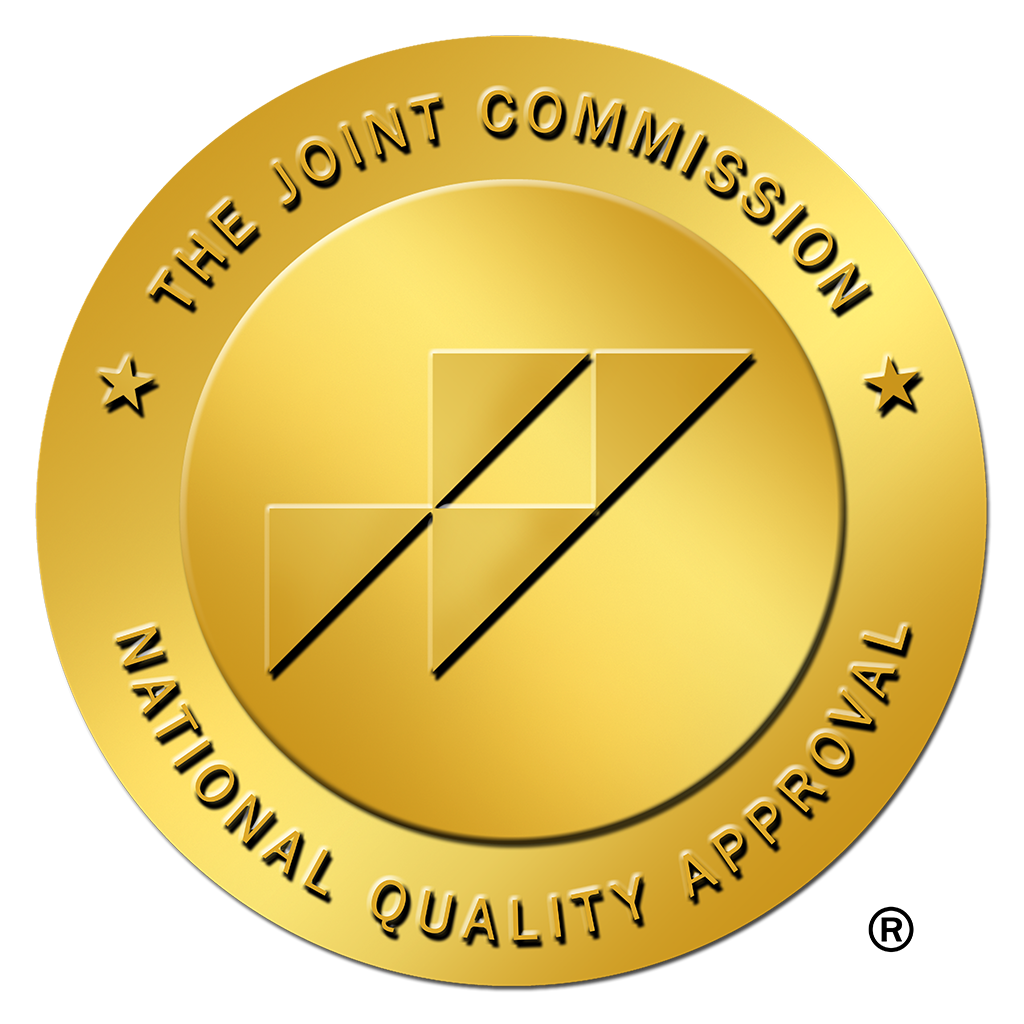Need Help Choosing The Right Path?
Sometimes to decide what path is right for you, you have to ask yourself:
Do I have a supportive, stable home environment?
A safe, supportive environment can make outpatient treatment a strong option. But if your living situation is unstable, stressful, or filled with triggers, inpatient care may offer the structure and security needed for recovery.
Do I have a Mild to Moderate Addiction Severity?
For more severe addictions, inpatient treatment offers the intensive care and structure needed for recovery. If your addiction is mild to moderate, outpatient care may provide the flexibility to heal while continuing daily responsibilities.
Am I In Good Physical and Mental Health Stability?
If your physical or mental health is unstable, inpatient treatment can offer round-the-clock care and close monitoring. If you’re generally stable, outpatient care may allow you to recover while maintaining your regular routine.
Have I Already Went To Rehab In The Past?
If previous rehab attempts haven’t led to lasting recovery, inpatient treatment may provide a deeper level of structure and support. If past treatment was successful but you need a refresher, outpatient care can help you stay on track while living at home.















